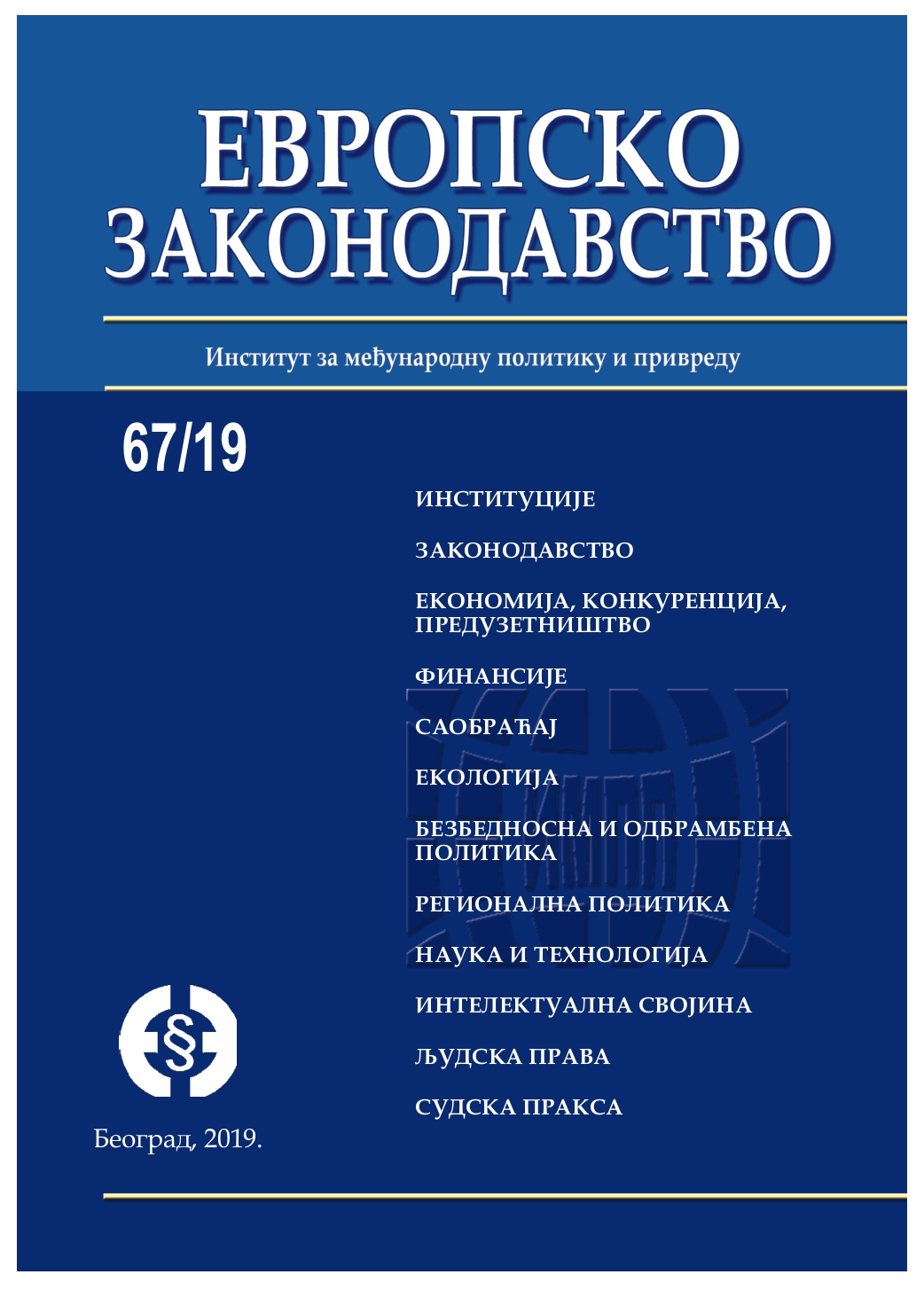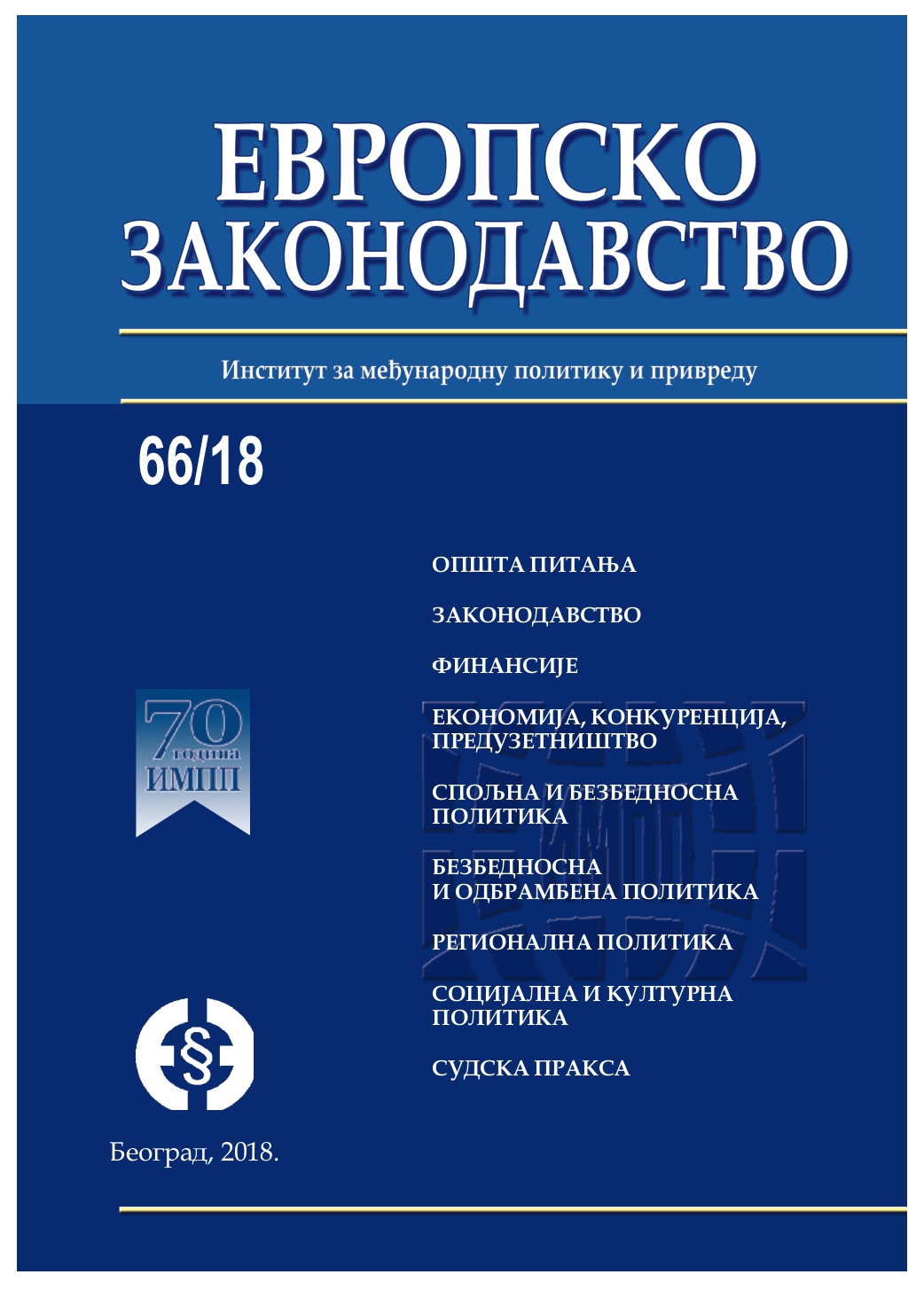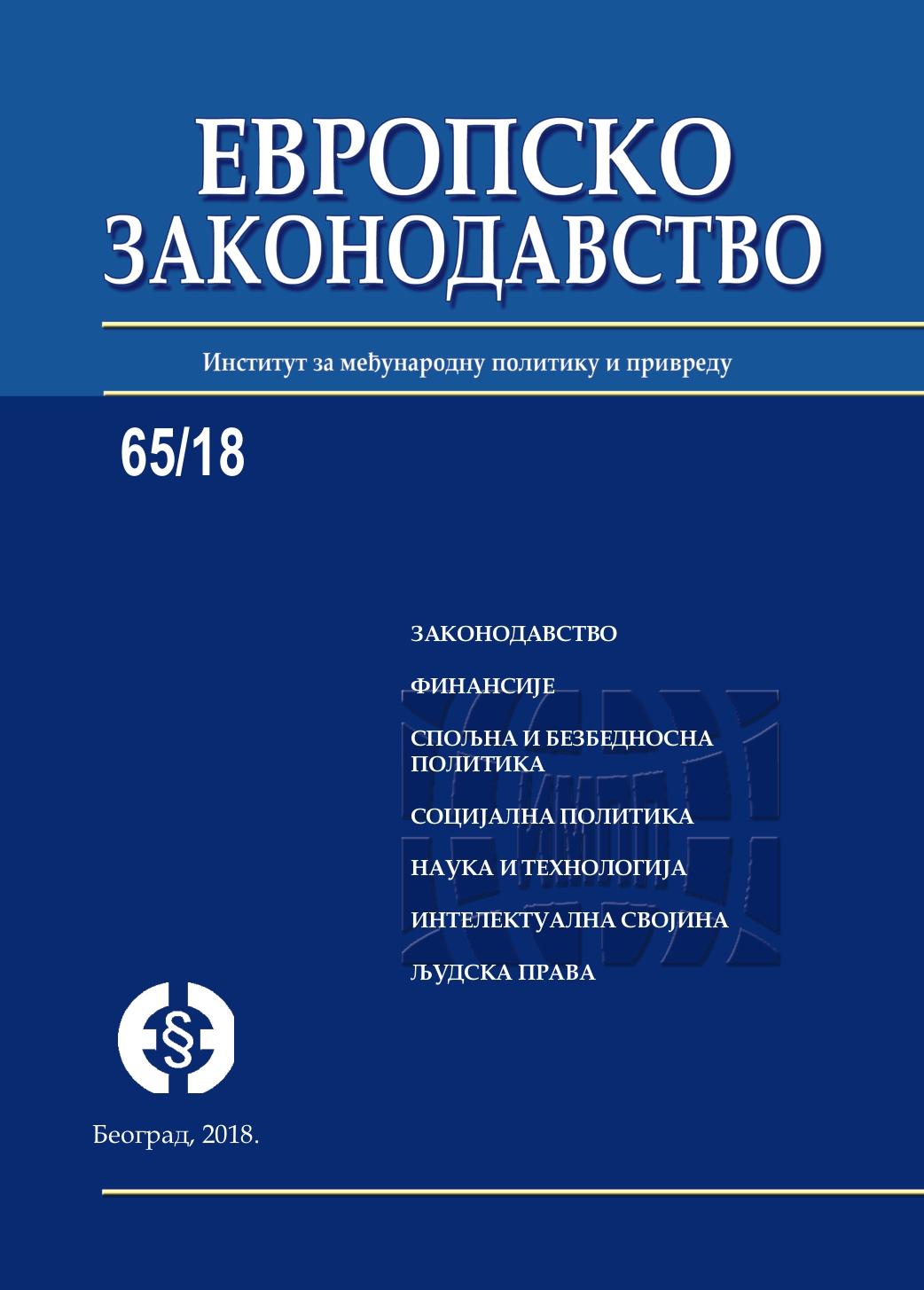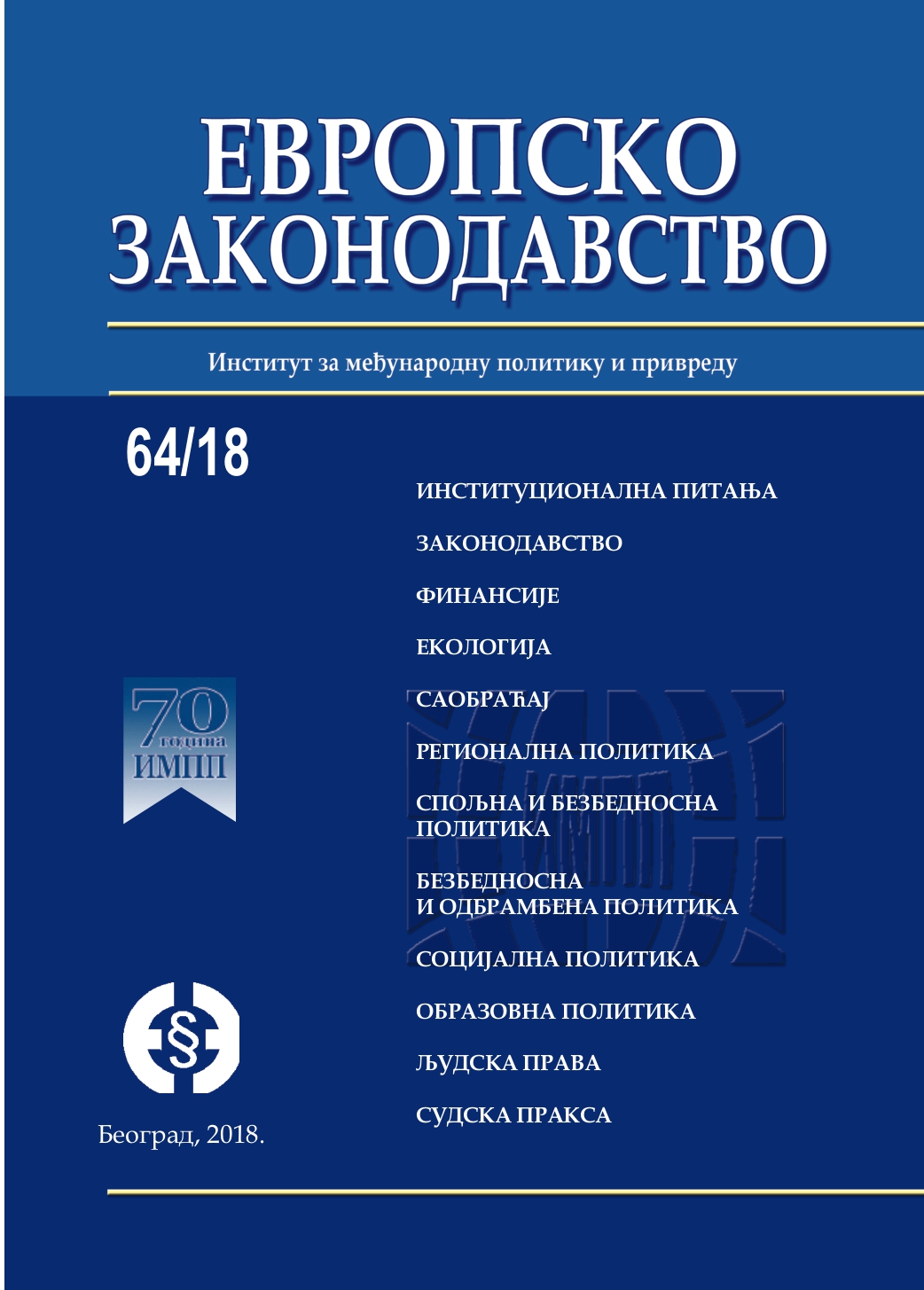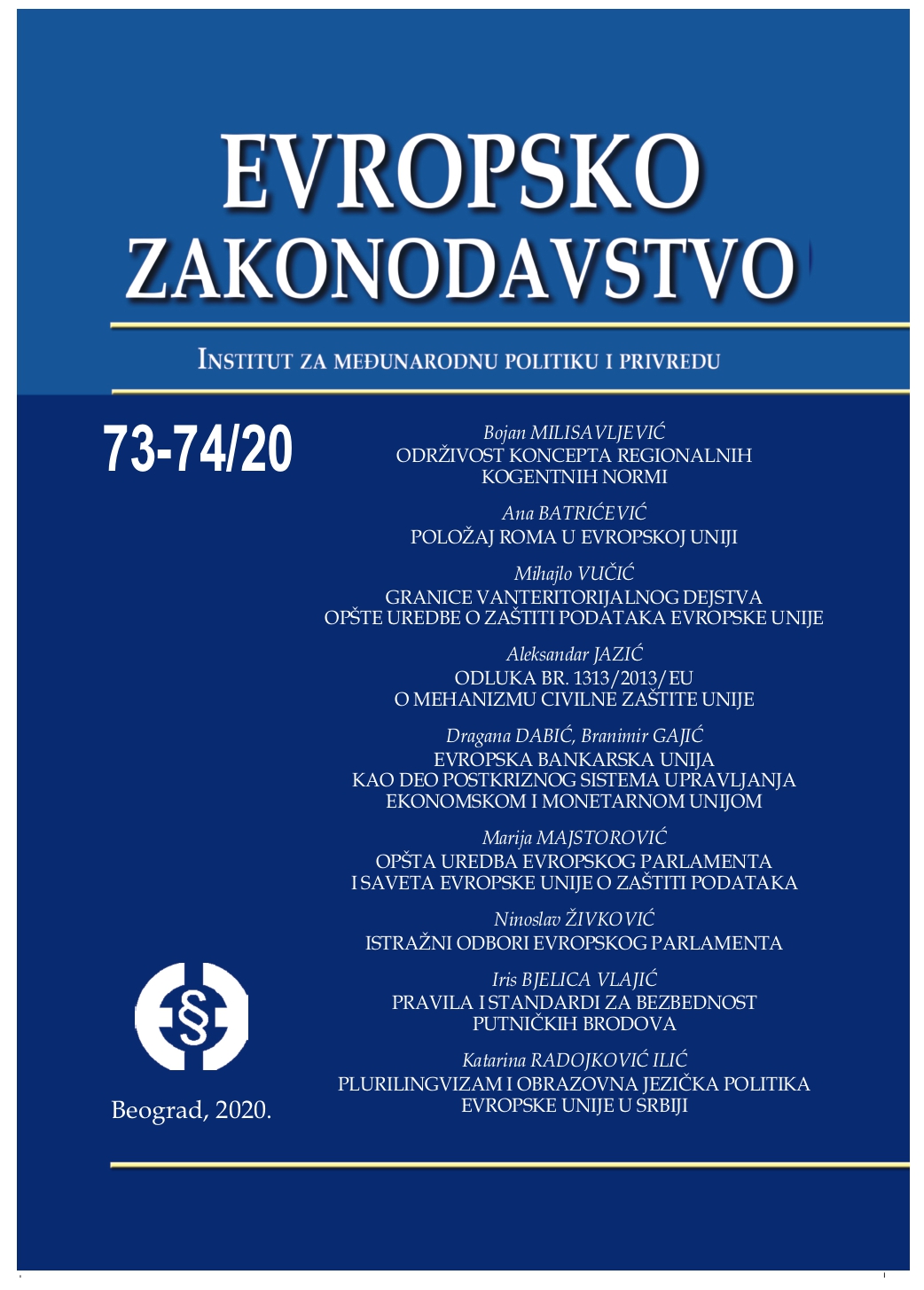
Plurilingvizam i obrazovna jezička politika Evropske unije u Srbiji
The paper discusses plurilingualism as one of the main objectives of European language ideology, plurilingual and intercultural education whose main goal is to promote humanistic values, mutual respect, tolerance and dialogue between nations. The paper cites some of the acts of the Council of Europe and the institutions of the European Union in which plurilingualism and the preservation of the language of diversity are emphasized as the most important goals of the EU language education policy. It also discusses some ofthe controversial issues related to language education in the countries of the European Union and analyzes the presence of those concepts in the language education policy in the Republic ofSerbia. The paper also presents the results of research conducted with the students of the Faculty of Law of the University of Belgrade. It offers insights into the students’ experience and their attitudes towards the importance and the impact of language knowledge and access to student mobility programs.
More...
